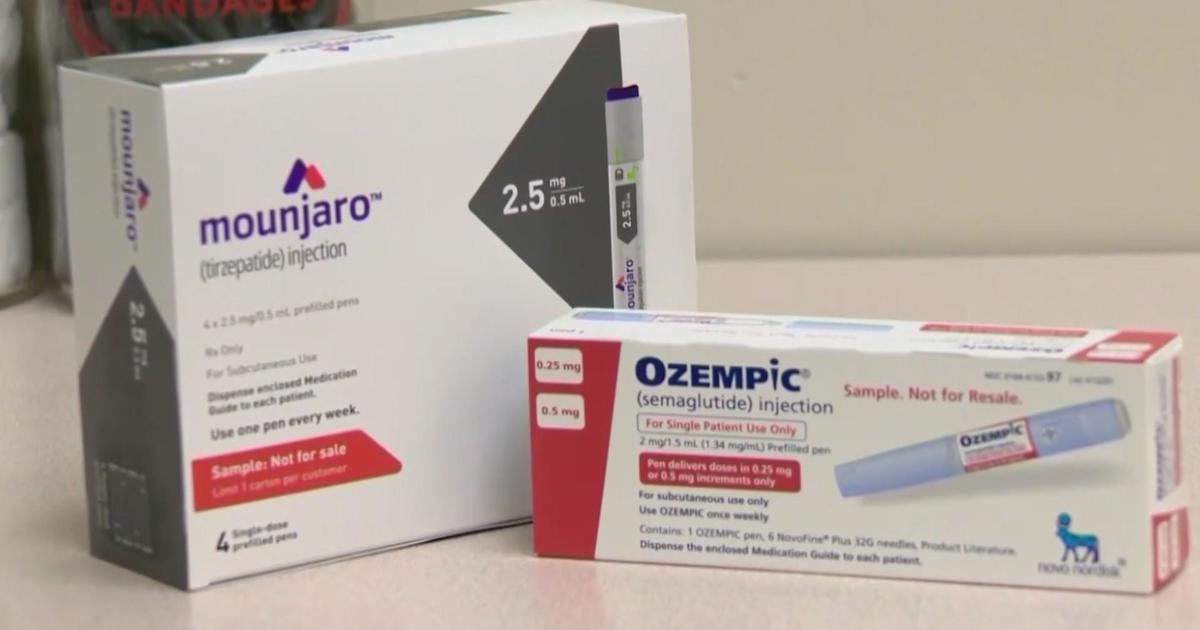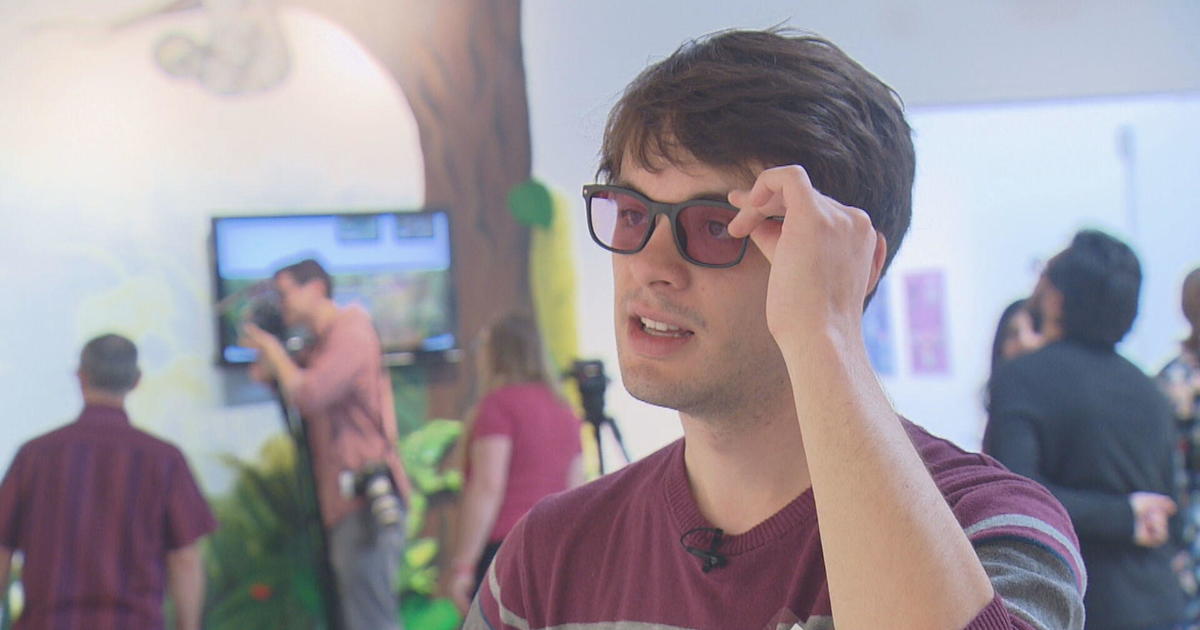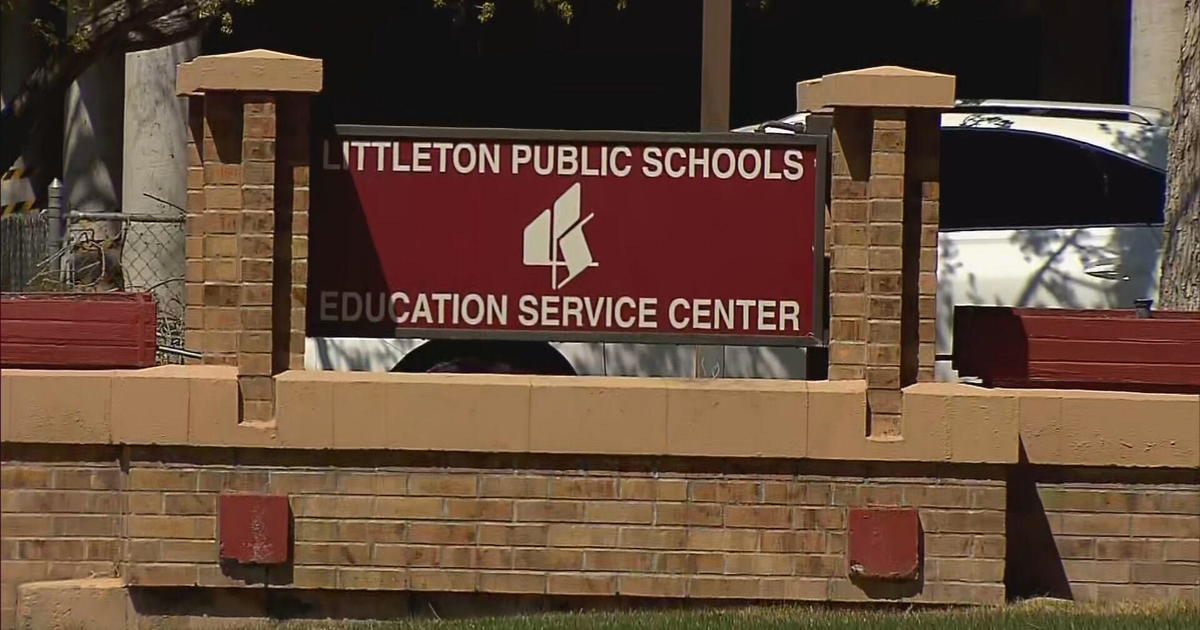No Such Thing As A Rung Bell -- This One Is For Parents
 The tide has been shifting ever-so-slowly when it comes to appreciating the fact that a bonk to the head is never a minor thing.
The tide has been shifting ever-so-slowly when it comes to appreciating the fact that a bonk to the head is never a minor thing.
And the more bonks, the more problems.
And the younger you start getting bonks, the more the bonks add up.
In the biggest study of its kind, researchers at Boston University analyzed the brains of deceased athletes and veterans (all of who had history of repeated head trauma), and found more than 80 percent had signs of CTE, or Traumatic Brain Encephalopathy.
What that means is these brains had scar tissue built up from getting hit on the head -- and the damage was found as young as age 17. That scar tissue messes up brain cells.
To contrast this 80 percent figure, zero percent -- as in none-- of the brains of people who did not have a history of head injuries or sports related concussions had any sign of CTE.
Now if you think CTE is small potatoes, consider this: researchers were able to break down the syndrome into four phases ... phases that start subtlety and are often ignored.
Stage 1: headaches, problems concentrating
Stage 2: anger, depression, short term memory loss -- even irrational behavior
Stage 3: problems with learning, reading a book, following a TV show
Stage 4: full blown dementia -- can't even recognize family members
Now researchers can't say how many smacks to the head it takes, or whether a mild concussion can be just as bad as a major one -- but they do think a young brain (thinking pee-wee football players here) may be more sensitive to concussions.
Not a lot of advice on this one, but I do think parents, coaches and trainers need to know what the standards are on the treatment of concussions and the return to play.
I also like what the NFL has done: only one full contact practice per week -- remember it's not only the games where the head gets smacked.
And as a parent, it has given me a little pause over what my kids did, especially the two who went on to play football from a young age through college. (One of my worst moments was when my son didn't recognize me after a hit in a high school football game -- when he came to the sideline where I was being a team doctor.)
Would I let them do it again? Just the fact that I'm thinking that raises a red flag.
Bottom line: I think there's going to be a lot of organizations revisiting this topic, and revising their rules.
As parents, we need to keep up with what the science is now showing about our children's brains.
Here's more info: childrensnational.org/score/



